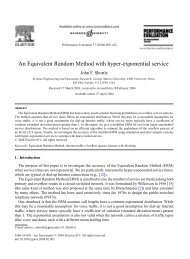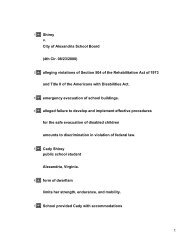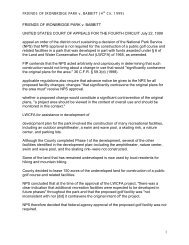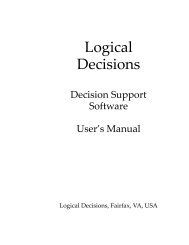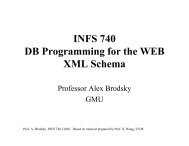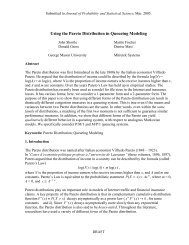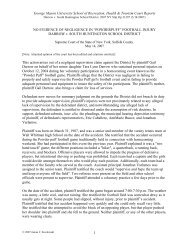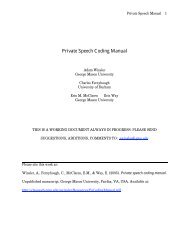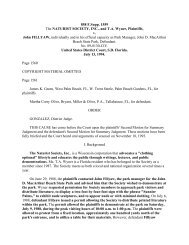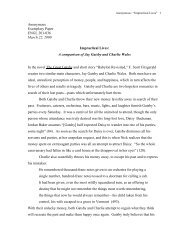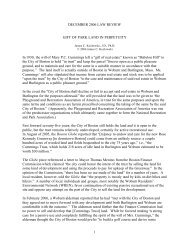AFTER VIOLENCE: 3R, RECONSTRUCTION, RECONCILIATION ...
AFTER VIOLENCE: 3R, RECONSTRUCTION, RECONCILIATION ...
AFTER VIOLENCE: 3R, RECONSTRUCTION, RECONCILIATION ...
Create successful ePaper yourself
Turn your PDF publications into a flip-book with our unique Google optimized e-Paper software.
structural specificities./55/ Thus, South Africa today seems to<br />
have a much higher capacity for Model II than unforgiving West<br />
Germans in their Model I orientation toward the leaders of former<br />
DDR./56/ Model I also seems to dominate the Latin American legal<br />
culture. There are certainly also structural factors like whether<br />
the norms are operating at the level of the family or other<br />
primary groups, or at the social level as municipal law, or at the<br />
world level as international law.<br />
The "lower" the level the more Model II orientation and vice<br />
versa? No, some parents are extremely punishment-oriented<br />
relative to their children, and there are strong Model II aspects<br />
of contemporary international customary law. The basic point is<br />
that the level in-between, municipal law, as exported from the<br />
West, is very poor in Model II approaches, probably precisely<br />
because Model I is so well institutionalized.<br />
No doubt this opens for new perspectives in jurisprudence.<br />
More particularly, an interesting hypothesis, returning to the<br />
opening quotes, would be that having to reconcile, paying the<br />
enormous mental and spiritual costs this entails, will have more<br />
of a deterrent effect than conventional punishment. Postmodern<br />
society, short on social fabric and compelling norms, may even<br />
make the tightness of prison society look attractive. The benefits<br />
of punishment for society may turn out to be as illusory as the<br />
costs to the criminal. New ground is being broken right now,<br />
particularly in South Africa, maybe less in other countries where<br />
the justice model is more entrenched.<br />
And that leads to an interesting question: why are we talking<br />
about such processes in Latin America, and above all in Southern<br />
49



